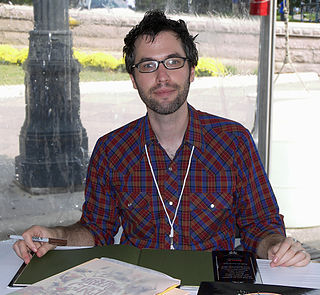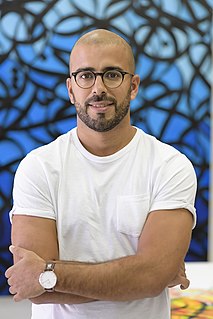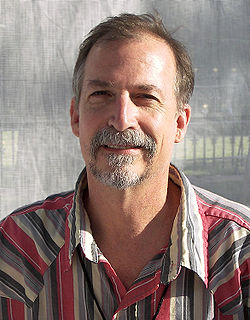A Quote by Elliott Colla
In translation you have to get it right, you have to be precise in what you're doing. You have to attempt what they did in that language - say, in Arabic - and try to accomplish a version of that in English, and you're constantly serving two masters.
Quote Topics
Related Quotes
One of the things I love about translation is it obliterates the self. When I'm trying to figure out what Tu Fu has to say, I have to kind of impersonate Tu Fu. I have to take on, if you will, his voice and his skin in English, and I have to try to get as deeply into the poem as possible. I'm not trying to make an equivalent poem in English, which can't be done because our language can't accommodate the kind of metaphors within metaphors the Chinese written language can, and often does, contain.
I think in Arabic at times, but when I'm writing it's all in English. And I don't try to make my English sound more Arabic, because it would be phony - I'm imagining Melanie Griffith trying to do a German accent in Shining Through. It just wouldn't work. But the language in my head is a specific kind of English. It's not exactly American, not exactly British. Because everything is filtered through me, through my experience. I'm Lebanese, but not that much. American, but not that much. Gay, but not that much. The only thing I'm sure of, really, is that I'm under 5'7".
Translation is harder, believe it or not. You do have to come up with a story, and actually I'm mystified by that process. I don't exactly know how the story just comes, but it does. But in writing a story that you're inventing, versus writing a story that somebody else has made up - there's a world of difference. In translation you have to get it right, you have to be precise in what you're doing.
The sign was spray-painted in Arabic and English, probably from some attempt by the farmer to sell his wares in the market. The English read: Dates-best price. Cold Bebsi. "Bebsi?" I asked. "Pepsi," Walt said. "I read about it on the Internet. There's no 'p' in Arabic. Everyone here calls the soda Bebsi." "So you have to have Bebsi with your bizza?" "Brobably.
YOU have no room to laugh, that's all. I'm not doing any worse with Boovish than you did with English.' Get off of the car,' J.Lo huffed. 'I am an English superstar.' Uh-uh. There's no comparison. 'Gratuity' in written Boovish has seventeen different bubbles that all have to be the right size and in the right place. 'J.Lo' in written English only has three letters, and you still spelled it 'M-smiley face-pound sign.
Some stories I write in Swedish, some in English. Short stories I've almost exclusively written in English lately, mostly because there's such a small market for them in Sweden and it doesn't really pay either. So, the translation goes both ways. What also factors in is that I have a different voice in English, which means that a straight translation wouldn't be the same as if I'd written it in English originally.
There is an old Italian proverb about the nature of translation: "Traddutore, traditore!" This means simply, "Translators-traitors!" Of course, as you can see, something is lost in the translation of this pithy expression: there is great similarity in both the spelling and the pronunciation of the original saying, but these get diluted once they are put in English dress. Even the translation of this proverb illustrates its truth!






























